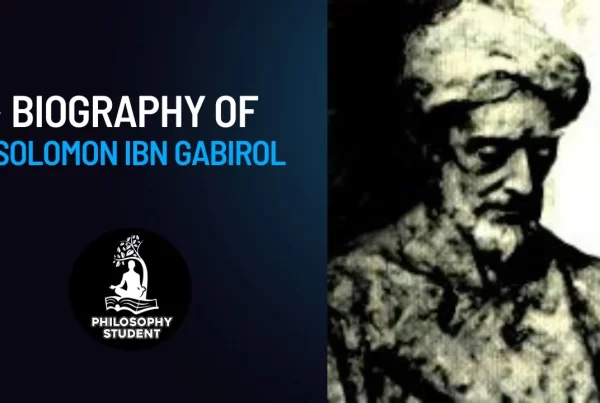A broad philosophical and literary movement that flourished during the first half of the twentieth century, Existentialism emphasized the uniqueness of human experience over the generalizations of traditional scientific or philosophical analysis (“existence precedes essence”). In the early work of Martin Heidegger (1889–1976), these generalizations are argued to depend upon a more phenomenologically immediate “being-in-the-world,” one shaped by our individual and open-ended projects and rooted in a specific historical context.
For Jean-Paul Sartre (1905–1980), with whom Existentialism is most closely identified, the focus is more individualistic, and the reality of the radical freedom lying at the heart of the human condition is illustrated by strategies we undertake to delude ourselves into avoiding this fact (“bad faith”). Heidegger was later to distance himself from the Existentialist movement, whereas Sartre struggled to integrate his existential analysis with Marxist political theory. The lasting influence of Existentialism has therefore been in specific applications: Simone de Beauvoir (1908–1986), Sartre’s long-time partner, famously articulated her feminist philosophy in terms of the existential condition of women forced to identify with (unchosen) societal roles.
As an important precursor to Existentialism in the philosophy of religion, Søren Kierkegaard (1813–1855) argued that the paradoxical nature of religious experience and its inability to be situated within a systematic philosophy are collectively the justification of faith.




































